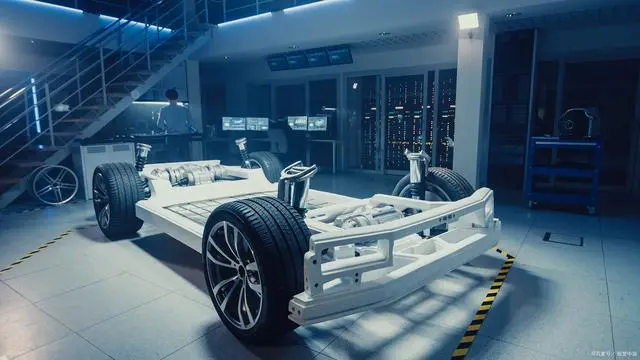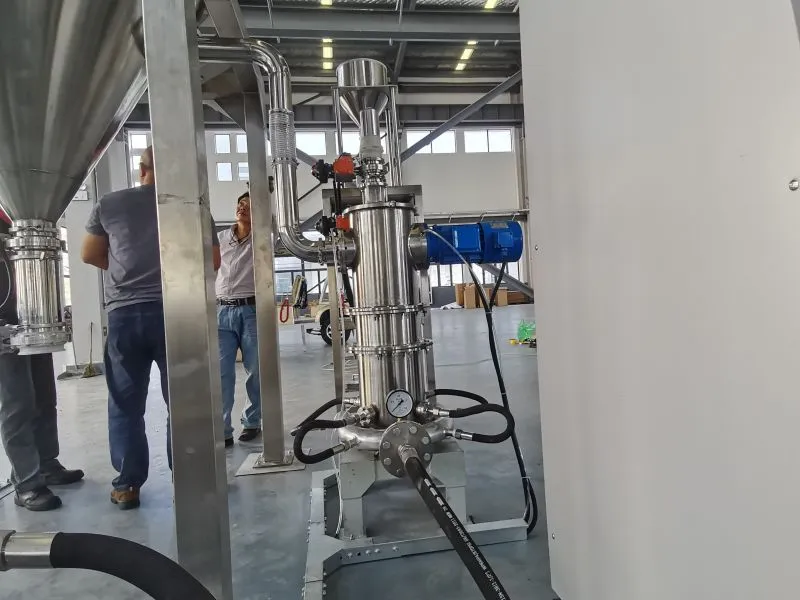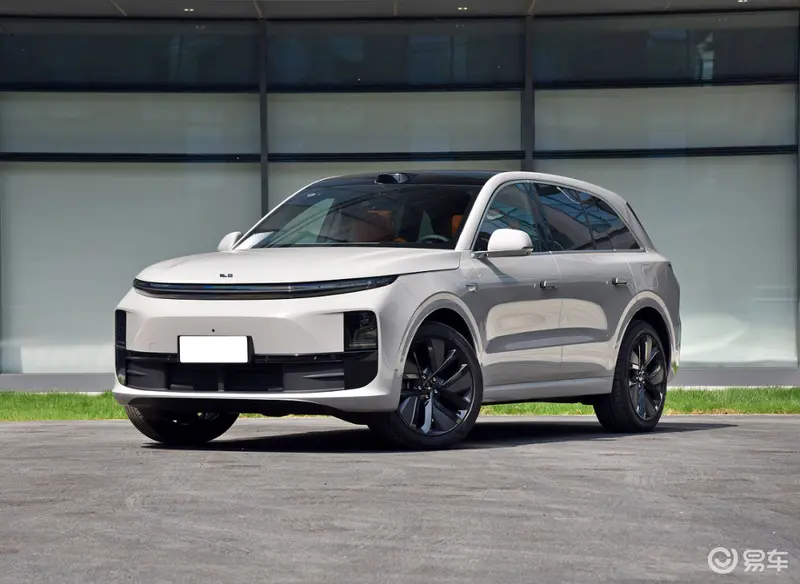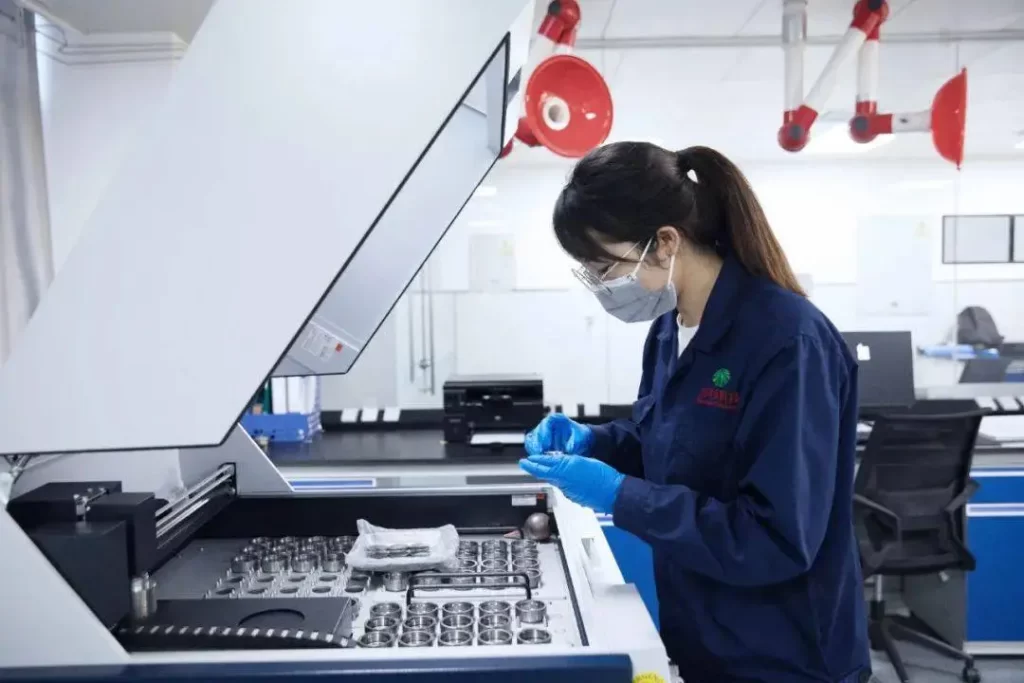As the electric vehicle market continues to expand, battery technology, as its core component, has received widespread attention. Lithium iron phosphate and ternary lithium batteries are currently the two most commonly used battery types in electric vehicles. Each of them has its own unique advantages and applicable scenarios. Below we will discuss their differences and respective advantages in detail.

Composition and structure
The cathode material of lithium iron phosphate batteries is mainly composed of lithium iron phosphate, while ternary lithium batteries use cathode materials composed of three elements: nickel, cobalt, aluminum or manganese. This difference in composition leads to differences in their properties and uses.
Energy Density
Ternary lithium batteries are significantly better than lithium iron phosphate batteries in terms of energy density. Due to their higher energy density, ternary lithium batteries can provide longer driving range for electric vehicles. This is an important consideration for electric vehicles pursuing high performance and long range.
Safety
Lithium iron phosphate batteries perform better in terms of safety. Due to its stable chemical structure, lithium iron phosphate batteries are relatively safer under extreme conditions such as high temperatures and short circuits. Ternary lithium batteries have certain safety risks, especially when exposed to high temperatures or overcharged.
Life and cycle performance
Lithium iron phosphate batteries perform better in terms of life and cycle performance. Its longer cycle life means the battery can withstand more charge and discharge cycles, extending the life of the electric vehicle. The performance of ternary lithium batteries is slightly worse than that of lithium iron phosphate batteries in this regard.
Cost
From a cost perspective, the manufacturing cost of lithium iron phosphate batteries is relatively low. This is mainly because its raw materials are relatively cheap and the production process is relatively simple. Therefore, lithium iron phosphate batteries are a more attractive option for some electric vehicle manufacturers pursuing cost-effectiveness.
Applicable scene
Lithium iron phosphate batteries and ternary lithium batteries each have their own applicable scenarios. Lithium iron phosphate batteries are more suitable for application scenarios with high safety requirements and relatively low mileage requirements, such as city buses and passenger buses. Ternary lithium batteries are more suitable for high-end electric vehicles that pursue high performance and long battery life.

Lithium iron phosphate and ternary lithium batteries each have their own unique advantages and applicable scenarios. When choosing a battery type, comprehensive considerations need to be made based on specific needs and conditions. As the electric vehicle market continues to evolve, these two battery types will continue to play an important role in driving the advancement of electric vehicle technology.



